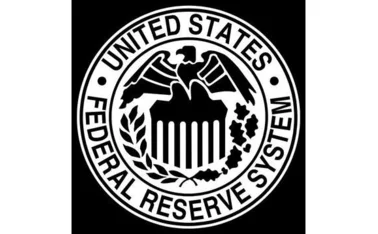
Helaba withdrawal hints at 'fundamental value' in stress test results, says analyst

One of the largest banks in Germany withdrew from the European stress-testing process on Wednesday, in a move that one analyst believes indicates the results, due late on Friday, could contain "fundamental value".
"It appears that the European Banking Authority (EBA) is sticking to its guns, something that lends legitimacy to the regulator," said Jennifer Kapila, a financial institutions analyst with Roubini Global Economics in London. "The rising and public concerns of some banks vis-à-vis core
Only users who have a paid subscription or are part of a corporate subscription are able to print or copy content.
To access these options, along with all other subscription benefits, please contact info@centralbanking.com or view our subscription options here: www.centralbanking.com/subscriptions
You are currently unable to print this content. Please contact info@centralbanking.com to find out more.
You are currently unable to copy this content. Please contact info@centralbanking.com to find out more.
Copyright Infopro Digital Limited. All rights reserved.
As outlined in our terms and conditions, https://www.infopro-digital.com/terms-and-conditions/subscriptions/ (point 2.4), printing is limited to a single copy.
If you would like to purchase additional rights please email info@centralbanking.com
Copyright Infopro Digital Limited. All rights reserved.
You may share this content using our article tools. As outlined in our terms and conditions, https://www.infopro-digital.com/terms-and-conditions/subscriptions/ (clause 2.4), an Authorised User may only make one copy of the materials for their own personal use. You must also comply with the restrictions in clause 2.5.
If you would like to purchase additional rights please email info@centralbanking.com







